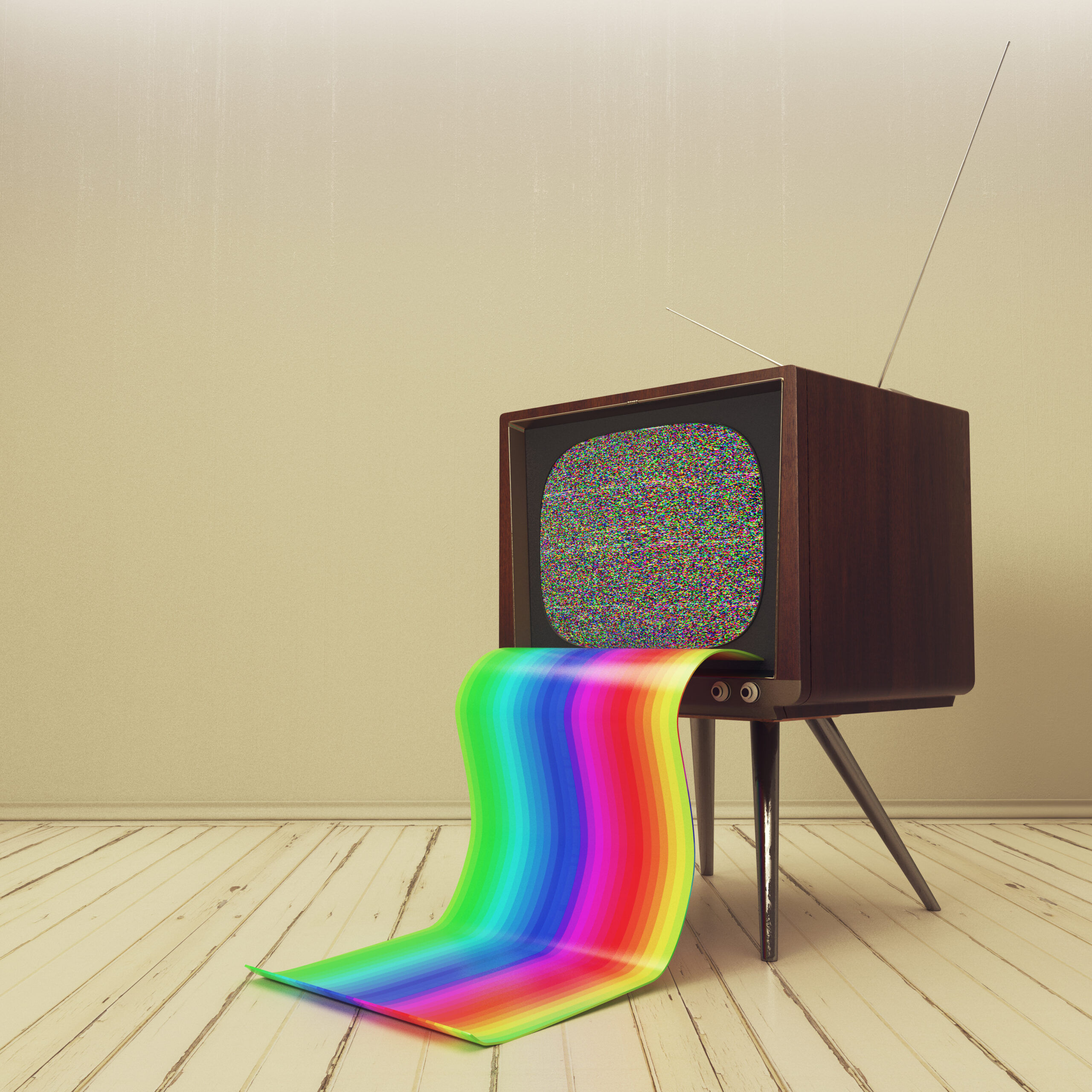As of Tuesday, The Writer’s Guild of America (WGA) is officially on strike for the first time in 15 years. The WGA represents over 11,500 writers whose pay has been stagnant in the face of popular streaming business models and soaring profits for executives.
For six weeks, the WGA has been in contract negotiations with trade associations representing major networks. “The companies have used the transition to streaming to cut writer pay and separate writing from production, worsening working conditions for series writers at all levels,” said WGA in a March bulletin. “On TV staffs, more writers are working at minimum regardless of experience, often for fewer weeks, or in mini-rooms, while showrunners are left without a writing staff to complete the season.”
Related:
Here Are the Music Artists Protesting Drag Bans by Performing With Drag Artists
More celebrities are using their platform to shine a light on amazing drag talent around the world and oppose anti-drag bans.
Now the WGA has advanced a number of proposals to better ensure writer compensation, including raising minimum pay, regulating AI usage, setting minimum requirements for staff writers, and restructuring residual pay for streaming services (as opposed to broadcast syndication).
“Though we negotiated intent on making a fair deal — and though your strike vote gave us the leverage to make some gains — the studios’ responses to our proposals have been wholly insufficient, given the existential crisis writers are facing,” said WGA in a statement. “The companies’ behavior has created a gig economy inside a union workforce, and their immovable stance in this negotiation has betrayed a commitment to further devaluing the profession of writing.”
Late-night talk shows like Jimmy Kimmel Live and The Daily Show have already planned to air reruns for the remainder of the week. The strike will take longer to affect scripted TV shows and fill, though even those with finished scripts will not escape totally unscathed.
The last strike occurred in 2007, having palpable effects on series such as Lost, Heroes, The Office, and Pushing Daisies. Although the strike was eventually resolved 100 days later (after Hollywood lost over $2 billion), many less popular shows were left by the wayside, including those by and about marginalized communities.
In its annual report on the state of queer TV, GLAAD found a total of 596 LGBTQ+ characters across broadcast networks and streaming platforms for the 2022-23 season. And as in the 2007 strike, LGBTQ+ writers are taking to the streets to keep queer stories on screen.
Picketing began on Tuesday afternoon, with industry veterans like Tony Kushner (Angels in America) leading the charge.
For information, resources, and ways to support the writers’ strike, check out the WGA’s Strike Hub.
Don't forget to share:
Help make sure LGBTQ+ stories are being told...
We can't rely on mainstream media to tell our stories. That's why we don't lock our articles behind a paywall. Will you support our mission with a contribution today?
Cancel anytime · Proudly LGBTQ+ owned and operated
Read More in Impact
The Latest on INTO
Subscribe to get a twice-weekly dose of queer news, updates, and insights from the INTO team.
in Your Inbox














